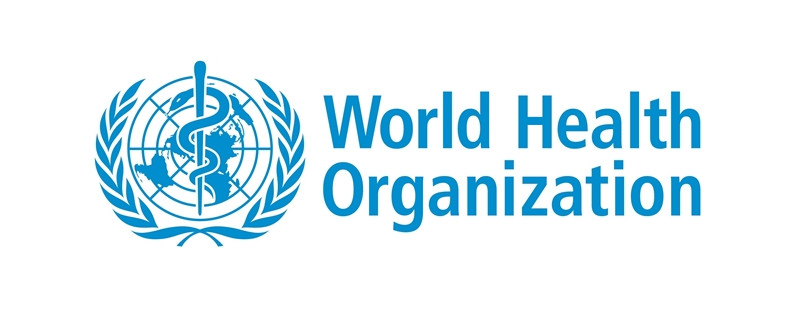Circular Economy and its Implications for Environment and Health
This is part of a WHO initiative titled “Circular Economy”, aiming to provide insights into the health consequences of circular economy initiatives.
This is part of a World Health Organisation (WHO) initiative entitled “Circular Economy” with the aim of providing insights into the health consequences of circular economy initiatives. The aim of this study, therefore, is to start to frame the transition from a “Take, Make, Dispose” linear economy to a “Renew, Remake, Share” circular economy in a health context in order to set the scene for further policy development, assessment of research needs and stakeholder engagement on key health implications.
Project outline
This study explores the policy objective of a circular economy and its implications for human health. It has a focus on the WHO European Region whilst also discussing global consequences where applicable. The rationale for the study is that, while the circular economy concept has gained increasing prominence in recent years in the context of policy development, at national, EU and global level, and in business practices for the promotion of sustainable production and consumption, so far there has been relatively limited coverage of its health implications. This study aims to start to address this gap by framing the circular economy concept and its implementation in the context of health, outlining current evidence of health implications and setting the scene for further policy development, assessment of research needs and stakeholder engagement.
Science
The study finds that a transition to a circular economy provides a major opportunity to yield potentially substantial health benefits whilst also contributing to the attainment of sustainable development goals 3 and 12. There are also risks of adverse unintended health effects in this transition, in particular related to managing risks of hazardous materials. Where risks of adverse health effects have been identified these frequently fall disproportionately on vulnerable groups, such as informal workers including children and low income groups. There are significant knowledge gaps in our understanding of health impacts of a transition to a circular economy, particularly relating to chemicals of concern, water reuse, e-waste and distributional effects. Further research and evidence is essential for a more complete assessment of policy priorities for addressing negative impacts and enhancing positive impacts. Policy priorities that have been identified for addressing areas of immediate concern include, appropriate regulation, monitoring and evaluation of circular economy initiatives, support for research, improved management of informal waste sites, as well as measures to raise public awareness. These are important and urgent in order that progress on implementing the circular economy, including the potential for health benefits, is not undermined by any reductions in public and policy community support.
Impact
The outputs of the project are published as a widely available WHO report. As such it is expected that the report will have a wide readership in both academic and policy circles. It highlights that there are health impacts that can be reduced by a transition to a circular economy formation, as well as some impacts that may be brought about. A follow-on project will develop guidance as to incorporate health considerations in circular economy initiatives at the city- and regional scale.

